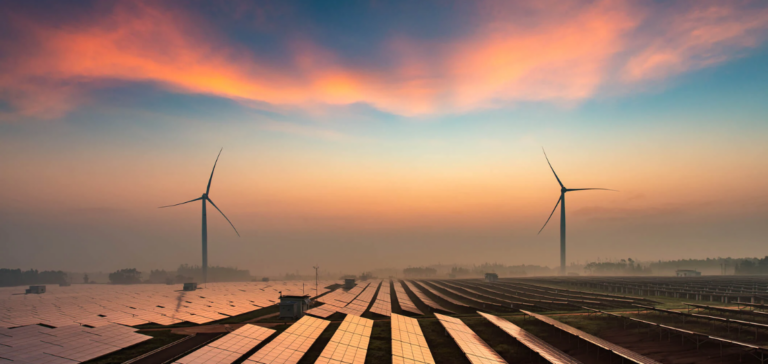The Nordic countries have long been considered pioneers in the field of renewable energy. They are about to increase their capacity in this area, leading the way for the rest of Europe.
Leading countries
The Nordic countries have distinguished themselves on the subject of green transition. Their investment in renewable energy can be an example for European countries seeking to rapidly decarbonize their energy system.
Rystad Energy, an energy consultancy, predicts that wind and photovoltaic capacity will reach 74GW in 2030 for Sweden, Finland and Denmark. It is currently only 30GW. Such production will exceed their needs. This will allow the Nordic countries to export clean, low-cost energy to Europe with a stable supply.
Currently, the Nordic countries produce more than 90% of their electricity from low-carbon energy sources. Significant renewable hydrogen projects are expected to emerge in the region by 2030. These projects will enable the Nordic countries to strengthen their leadership in the European transition by decarbonizing heavy industries such as steel and cement.
Distinct energy mixes
The three Nordic countries have some of the cleanest energy mixes in the world. However, they result from different energy strategies. Sweden, which has the sixth largest electricity generating capacity in Europe, has relied heavily on nuclear and hydroelectric power.
It then developed onshore wind power, which is now the third largest source of electricity in the country. Sweden plans to continue to use nuclear power. The planned increase in its production capacity will make it one of the main exporters of electricity in Europe in the years to come.
Denmark is one of the pioneers of offshore wind technology. The Danish government has set a goal of deploying 12.9GW of offshore wind capacity by 2030. Denmark also wants to develop carbon capture and storage.
The country has significant storage capacity, particularly in the North Sea. The Nordic countries have taken different paths to transition, but have managed to have some of the lowest carbon energy mixes. In this way, they are showing the way to the rest of Europe.





















